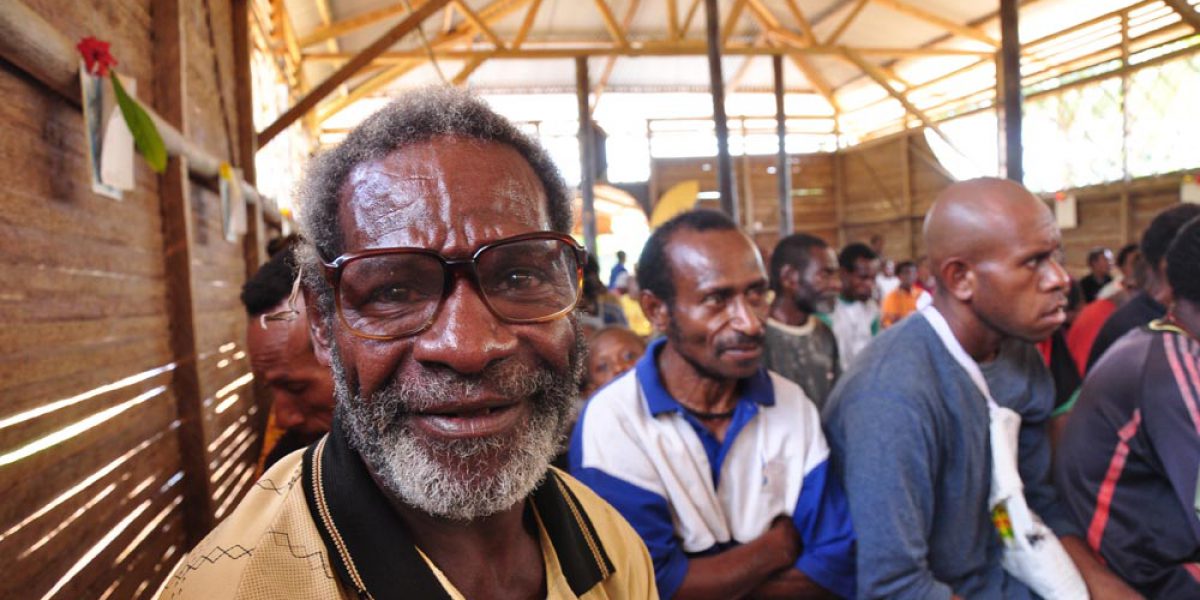
Port Morsesby, 2 October, 2011 – In 1976 the hopes of the people of Papua New Guinea were looking upward: jobs, shares of profits and a nation moving forward with its own development. Broken Hill Proprietary Company Limited, a corporation based in Australia, began building the Ok Tedi Mine in the highlands of PNG with promises to improve the country it was working in.
More than 30 years later, the reality has surfaced, although many believe that day of stability will soon come. Others have given up hope.
“All of those ventures promised to bring development and prosperity to our country, especially in the provinces where they are located,” wrote the Catholic Bishop’s Conference of PNG and Solomon Islands. “Landowners expected great benefits. But have these promises been kept? Or are the resources and the amazing opportunities they present being squandered?”
With the billions OK Tedi has exported in copper, gold and silver, 10 percent has been given to some PNG residents creating not only a gap between the super-rich and the abjectly-poor, but a culture of corruption over this new cash flow.
“Wealth hasn’t trickled down,” the letter from the conference said. “The obvious outcome of this so-called development has been more negative than positive.”
But not everyone is eligible for a share in Ok Tedi Mine. 10,000 refugees from West Papua live in PNG. About 5,000 live close to the border of West Papua where they speak similar languages, have similar cultures and are closer to their families still in Indonesia. They have been using the Ok Tedi River since they began arriving in PNG in 1984 fleeing the violent conflict in Indonesia. They choose not to live in East Awin, which houses about 2,500 refugees, the official location established by the PNG government with the support of UNHCR. Therefore, they are not eligible for any financial assistance from UNHCR.
They survive partially off the river. They fish to feed themselves and to sell fish in the local market. They bathe and wash their clothes in this water. This water also floods onto their land, destroying gardens and homes.
But over the past 28 years since production began, the waste from the mine has caused this river to change dramatically making it unsafe for the people who live there. Yet they continue their daily lives as usual, with no other choice.

